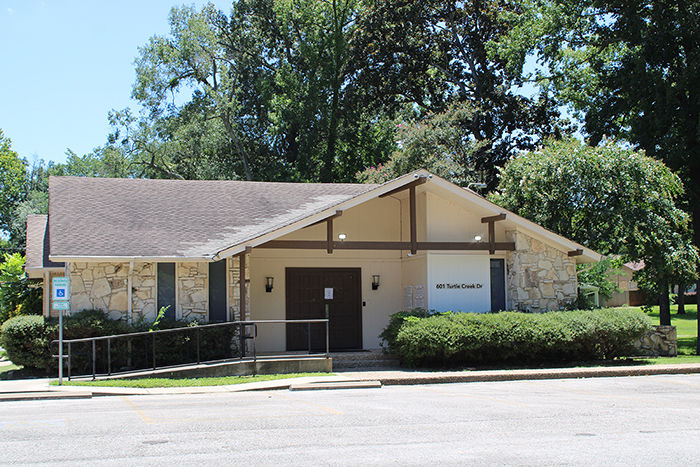Local government more accountable
Published 9:29 pm Sunday, November 30, 2014
One of the worst ideas to come out of the national conversation regarding Ferguson, Missouri is this one: All law enforcement should be state law enforcement.
That’s because accountability is largely tied to proximity; public servants who answer to public officials in faraway capitols cannot be as accountable as those whose bosses are at City Hall and the county courthouse.
Trending
Here’s how veteran police officer Sunil Dutta argued for state law enforcement in the Washington Post.
“The real problem with law enforcement is far more systemic,” he wrote. “Issues of unprofessional and inefficient policing are rooted in our decentralized approach to policing, allowing some local departments to get away with subpar officer training, shoddy practices and corruption. This fossilized and inefficient system needs to be thrown out. Instead, policing should be managed at the state level, which would provide for higher-quality law enforcement and more oversight.”
He points out there are about 18,000 law enforcement agencies in the United States.
“This fragmentation of policing is ineffective and inefficient,” he wrote. “For one, the training and policies that dictate officer behavior vary widely from town to town. When an uncooperative driver refuses to provide his license to a cop, officers in one jurisdiction might respond with verbal judo, but in the neighboring town, it could result in arrest or use of force. Differences in policies and training mean that some cops can use pepper spray and Tasers on passive resisters, while other departments permit it only when a person is physically resisting an officer. With no central standard of conduct, there is plenty of room for incompetent policing.”
Here’s what’s wrong with that argument.
First, fragmented policing may be inefficient, but why would a massive, state-run agency be any more efficient? Let’s look at another “fragmented” service — roads. Our system of city, county, state and federal road departments may look disjointed, but which roads are fixed soonest? A phone call to the city about a pothole is usually far more effective and gets results quicker than a call to Austin.
Trending
Next, Dutta points out that departments have different policies and training. That’s true, but it ignores the fact that states already have uniform licensing standards for peace officers.
Finally he says that with “no central standard of conduct,” there’s room for bad policing.
Fine — then let’s talk about standards, not about eliminating city and county departments.
Accountability is the real issue here. If we consolidate law enforcement authority at the state level — or even federalize it — we’re moving accountability away from the citizens who interact with peace officers on a daily basis.
Look at what happens with education, as we further federalize it. Parents seem to have less and less say.
Our current system of law enforcement is fragment, sure. But our law enforcement officials are accountable to us pretty directly. Sheriffs answer to voters, just as police chiefs answer to elected city officials.
Fragmentation isn’t a flaw in our system; it’s a part of how our system can be corrected and improved, when necessary, through democratic processes.







